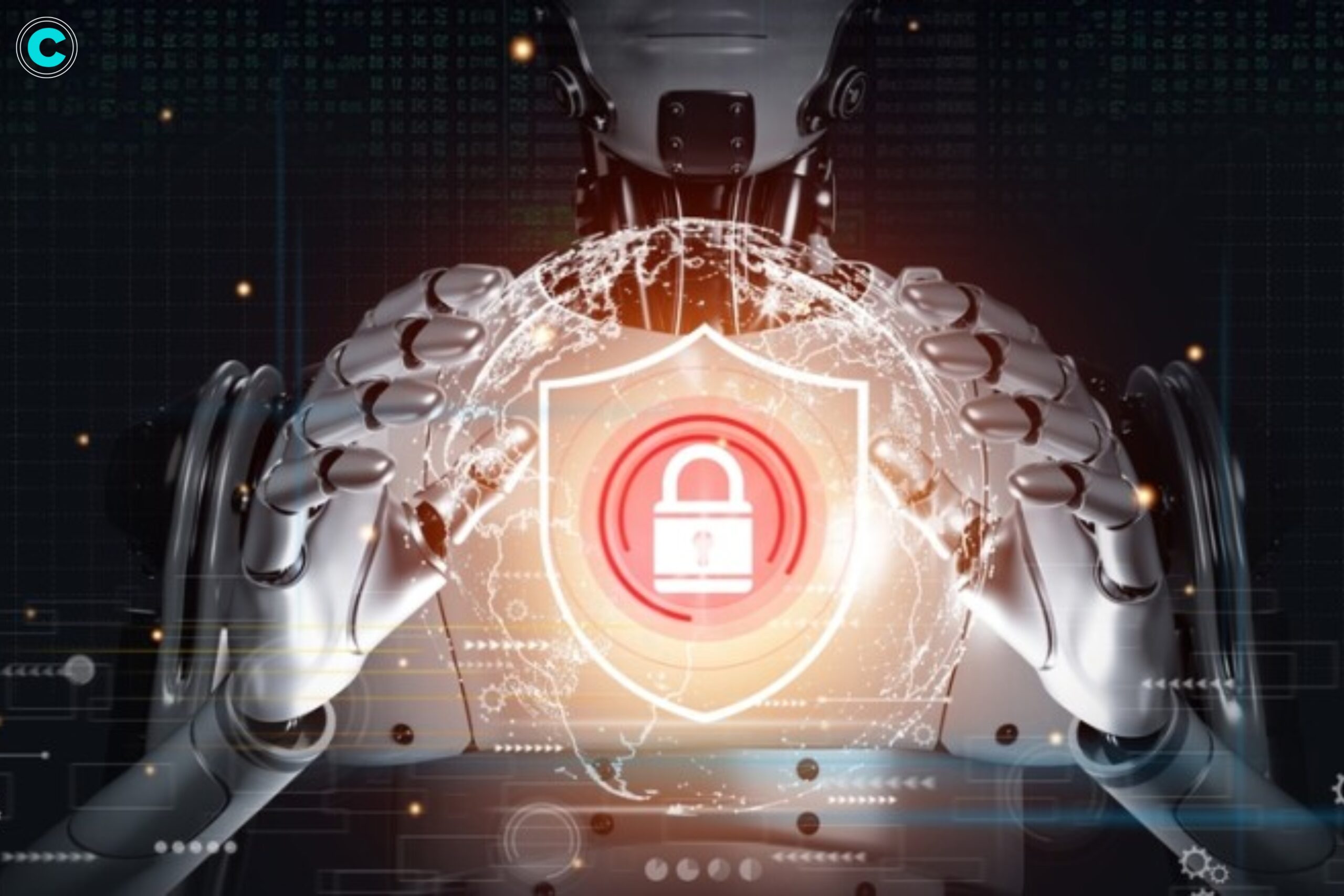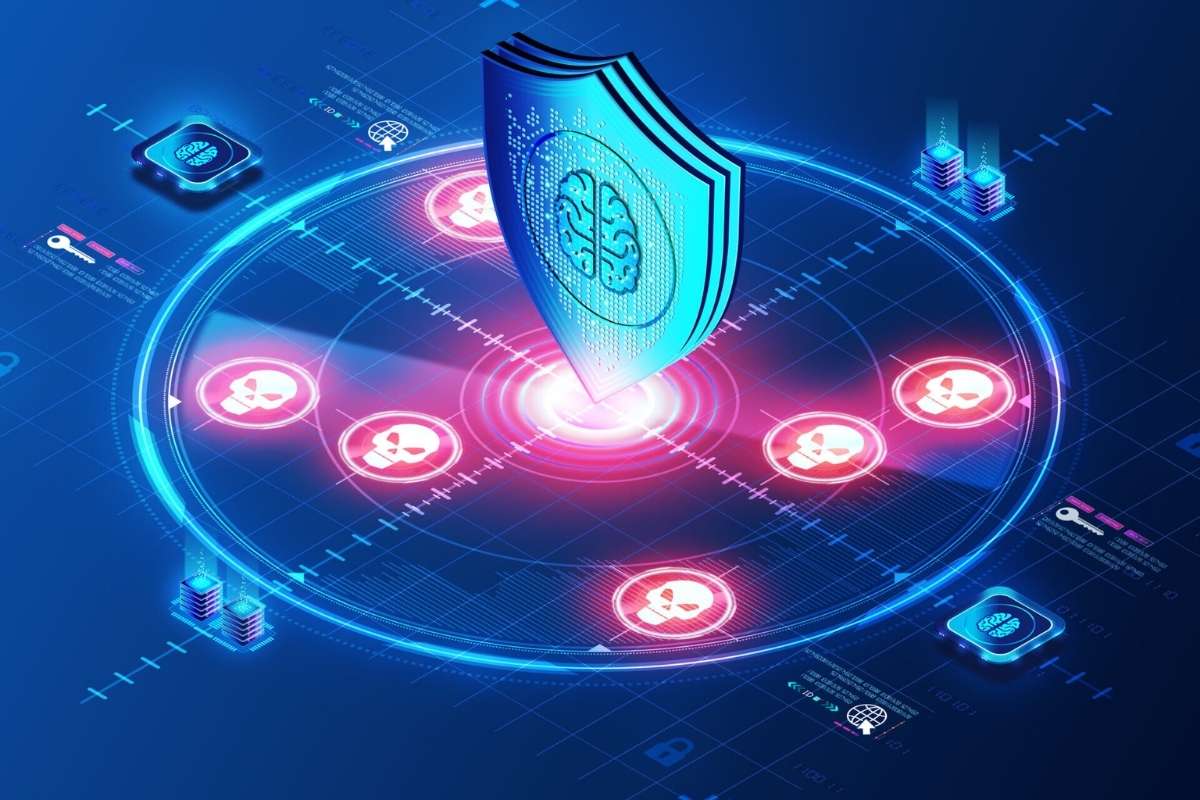In a groundbreaking study published in the journal Computers & Security, researchers from the University of Missouri and Amrita University in India have found that advanced AI-powered chatbots, such as OpenAI’s ChatGPT and Google’s Bard (now Gemini), can successfully tackle certified ethical hacking exams. However, experts caution against relying solely on these AI tools for complete cybersecurity protection.
AI Chatbots and Ethical Hacking
Certified Ethical Hackers play a crucial role in cybersecurity, employing techniques akin to malicious hackers to identify and mitigate vulnerabilities in systems. The study, led by Prasad Calyam of the University of Missouri, evaluated ChatGPT and Bard on their ability to answer standard questions from a certified ethical hacking exam. These AI tools, leveraging their vast neural networks, demonstrated competence in explaining complex concepts like the man-in-the-middle attack and proposing security measures to mitigate such threats.
Performance and Limitations
According to the findings, Bard exhibited slightly higher accuracy in responses compared to ChatGPT. However, researchers noted that ChatGPT excelled in providing comprehensive and clear explanations, despite occasional inaccuracies. Calyam emphasized that while these AI models offer valuable insights and can serve as initial problem-solving tools for individuals or small companies, they should not replace human expertise in devising robust cybersecurity strategies.
“Both passed the test and had good responses that were understandable to individuals with background in cyber defense—but they are giving incorrect answers, too,” Calyam warned. “In cybersecurity, there’s no room for error.”
Future Prospects and Recommendations
The study also highlighted the AI models’ responsiveness to feedback and their potential for continual improvement. When prompted to confirm their responses or asked ethical questions about attacking systems, both ChatGPT and Bard demonstrated adaptive behavior—correcting errors and clarifying their roles in ethical scenarios.
Looking ahead, Calyam expressed optimism about the future contributions of AI in ethical hacking, emphasizing the need for further research to enhance the accuracy and reliability of these tools. He believes that with continued development and validation, AI-powered systems could significantly bolster cybersecurity measures globally.
“The research shows that AI models have the potential to contribute to ethical hacking,” Calyam concluded. “Ultimately, if we can guarantee their accuracy as ethical hackers, we can improve overall cybersecurity measures and rely on them to help us make our digital world safer and more secure.”
The study titled “ChatGPT or Bard: Who is a better Certified Ethical Hacker,” underscores the evolving role of AI in cybersecurity and was co-authored by Raghu Raman and Krishnashree Achuthan. As AI technology advances, its integration into cybersecurity protocols promises to reshape how organizations defend against digital threats.
This research not only illuminates the capabilities of AI in tackling ethical hacking challenges but also underscores the importance of human oversight in leveraging these tools effectively. As businesses and individuals navigate an increasingly digital landscape, the synergy between AI and human expertise will be crucial in safeguarding sensitive information and maintaining robust cybersecurity defenses.
AI’s Impact on Cybersecurity
Beyond passing exams, AI’s role in cybersecurity extends to threat detection and response. Modern AI systems can analyze vast amounts of data in real-time, identifying anomalies and potential threats that human analysts might miss. This capability is particularly valuable in detecting sophisticated cyberattacks, such as zero-day exploits or insider threats, which evolve rapidly and can evade traditional security measures.
Moreover, AI-powered tools are increasingly integrated into security operations centers (SOCs) and incident response teams, where they assist in automating routine tasks, triaging alerts, and even orchestrating responses to cyber incidents. This automation not only speeds up response times but also allows human analysts to focus on strategic decision-making and proactive threat hunting.
However, the deployment of AI in cybersecurity is not without challenges. One significant concern is the potential for AI models to be manipulated or deceived by sophisticated adversarial attacks. Hackers can exploit vulnerabilities in AI algorithms, leading to incorrect threat assessments or even manipulating AI systems to facilitate attacks rather than defend against them.
To address these challenges, ongoing research focuses on developing robust AI models that are resilient to adversarial manipulation and ensuring that AI deployments in cybersecurity are accompanied by rigorous testing and validation protocols. Ethical considerations also play a critical role, as AI systems must adhere to principles of privacy, fairness, and transparency in their operations.
In conclusion, while AI-powered chatbots like ChatGPT and Bard show promise in passing ethical hacking exams and providing initial cybersecurity insights, their role should complement rather than replace human expertise. The synergy between AI and human intelligence holds the key to building resilient cybersecurity defenses that can adapt to evolving threats in our increasingly digital world. As AI technology continues to evolve, so too will its impact on cybersecurity practices, shaping a safer digital environment for businesses and individuals alike.
Also Read:Navigating AI Chatbots: Best Practices and Precautions






